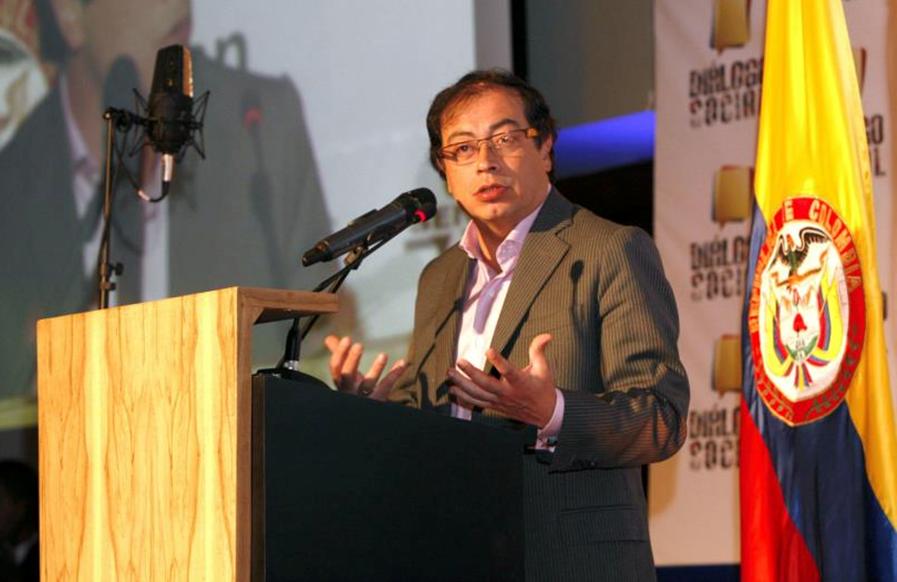Petro: Legalizing Cocaine Could End the Global Drug Trade
Others are reading now
In a world where drugs and their impact on society remain a hot topic, some leaders aren’t afraid to voice their unconventional opinions.
One such leader is Colombia’s President, Gustavo Petro. Recently, Petro made a controversial statement that has sparked attention, reports Ziare.
He suggested that cocaine is no worse than whiskey and that its illegality is more about its production in Latin America than the drug itself.
During a live-streamed meeting of the Colombian government, Petro made his argument clear.
Also read
He claimed that scientists have studied the issue and concluded that cocaine is not worse than whiskey.
He said, “Cocaine is illegal because it is produced in Latin America, not because it is worse than whiskey.”
Petro went on to emphasize that making cocaine illegal had more to do with geography than its harmful effects, pointing out that other substances, like whiskey, are legal even though they can also cause harm.
Petro, who is the first leftist president in Colombian history, argued that the global cocaine trade could be “easily dismantled” if cocaine were made legal worldwide.
He also took the opportunity to criticize the growing opioid crisis in the United States. He pointed out that synthetic opioids, like fentanyl, are the real cause of deaths in America.
These drugs, according to Petro, are not made in Colombia.
Colombia is the largest producer of cocaine in the world, with an estimated 2,600 tons produced annually.
Most of this cocaine ends up in the United States, which is the main consumer of the drug, according to the United Nations.
Petro’s comments are stirring debate. While some see it as a bold stance on drug policy, others argue that legalizing cocaine could have dangerous consequences.
His position challenges long-standing views on drugs and their impact on society, especially in the context of the ongoing drug war.


